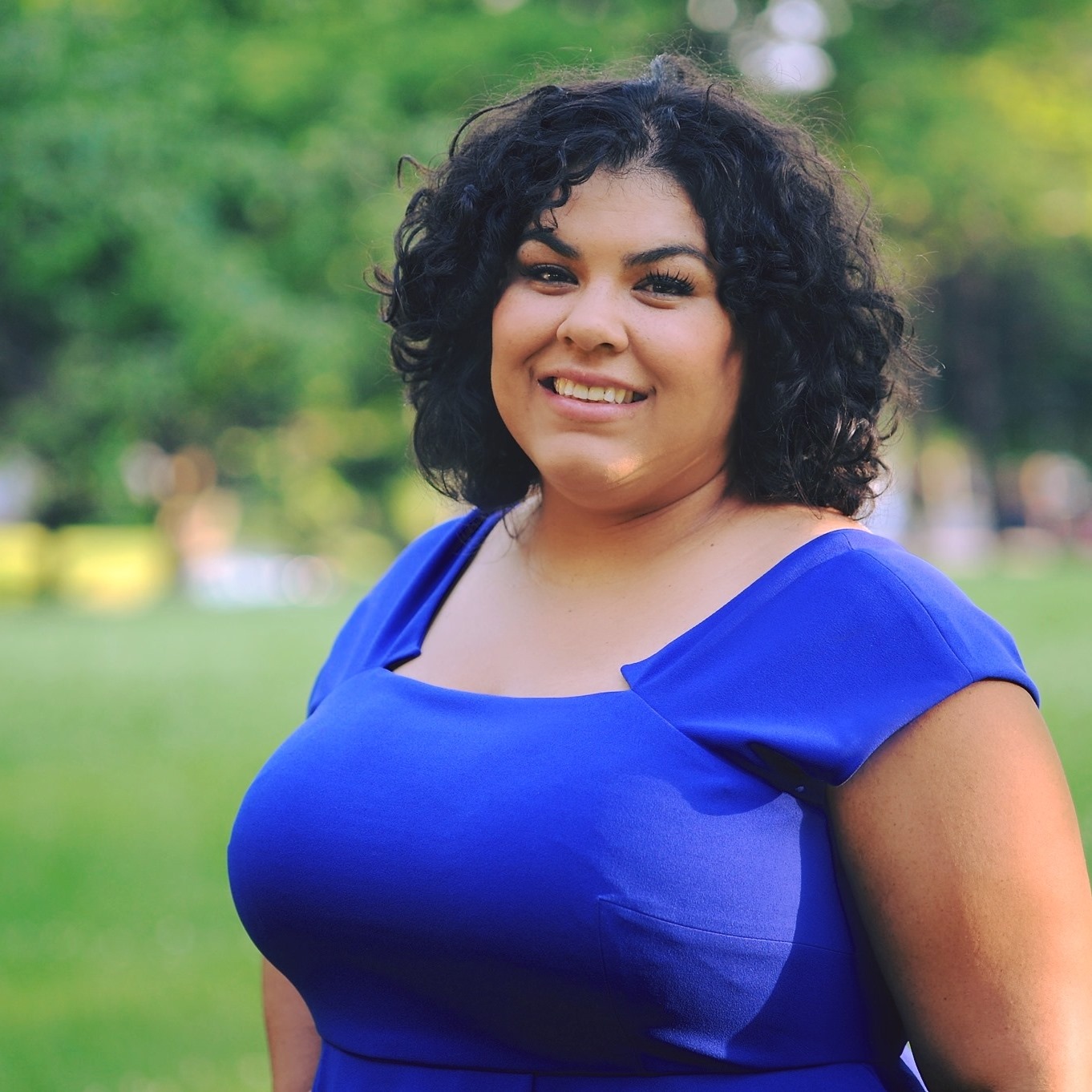Athena Hollins '11 J.D. is the director of diversity and inclusion for the Minnesota State Bar Association (MSBA), where she has worked since 2017. After graduating from law school, Hollins practiced family law and estate planning before shifting her focus to community relations and diversity and inclusion. On Nov. 3, 2020, Hollins was elected to the Minnesota House of Representatives for District 66B, which covers a portion of the Payne-Phalen neighborhood in St. Paul. She is also the recipient of a 2020 Minnesota Lawyer Diversity & Inclusion Award.
What motivated you to run for the state legislature?
I decided to run for office, because every day I see how many of our institutions are failing the most vulnerable members of society. I believe that people of privilege have an obligation to care for and protect our fellow human beings – from health care, to housing, to schooling, we, as a society, can do better. And we need to act with urgency.
The other important reason I decided to run was that I saw that our elected leaders needed to do a better job of engaging all of our community. Being organizer-in-chief should be a central role of our elected leaders, particularly those who are closest to the populations we serve. Engaging communities of color and disadvantaged communities in honest conversations about their needs and desires from government is central to our democracy.
What do you tell others who are looking for ways to be active in their community and advocate for change?
There are so many avenues for folks to be involved in their community! Join a local nonprofit board, engage in pro bono efforts, volunteer on a campaign, and act as an election judge or poll protector. Lawyers, in particular, bring fantastic research and writing skills that many advocacy organizations need. To me, the most important thing is advocating for those who are not at the table. Whenever I am working with groups or boards, I try to put myself in someone else’s shoes – a single mother, a Black man, an immigrant family, a person working two jobs with no health insurance. I want to know how our decisions and policies impact them. And of course, the next question is, “How do we bring them to the table?”
Our society is deeply divided on issues, which carries over into our governing bodies. Do you see this as a challenge? How do you plan to overcome it now that you are elected?
I absolutely see this as a challenge, but not an insurmountable one. I have been heartened to see how much we have in common – we want our children to be safe, we want to have a place to call home, and we want enough money to feed our family and pay our bills. What we differ on is how to get to those goals. In my experience, the best way to start a difficult conversation is trying to understand the other person’s point of view or objective. We need to remember that the legislature isn’t a trial; there isn’t a winner or a loser. It’s closer to negotiation, and (at least theoretically) in negotiations, we all win a little and we all lose a little.
What’s something you learned at St. Thomas, in class or out, that you carry with you even today?
That no matter how much we disagree politically, everyone loves free pizza! But seriously, St. Thomas taught me how to work with people who come from different ideologies, different backgrounds and different cultures. I didn’t realize how much of a bubble I lived in before I came to St. Thomas. Meeting people with polar opposite perspectives from mine didn’t change my standpoint, but it helped me learn how to communicate with them in a much more effective manner.
What do you do to manage your stress, prioritize wellness and maintain your overall health?
My schedule is very hectic, but I block time on my calendar to exercise every day, even if it’s just a quick walk around the neighborhood. I also make sure that I always wake up with the kids, so that we have morning time to talk and cuddle and read; and I spend half an hour playing with my daughter in the evenings. We need to normalize boundaries and priorities like this being put into place. People shouldn’t be ashamed of saying, “Sorry. That’s my personal time. If you want me to be at my best, I need to do these things to thrive.”
Is there anything else you would like to share?
I would like to encourage everyone out there to think creatively about social justice, and what they can do to help others. There is so much need in so many areas, and it’s incumbent upon us to use our education, our experience, and our privilege to make the world a more just and equitable place.







